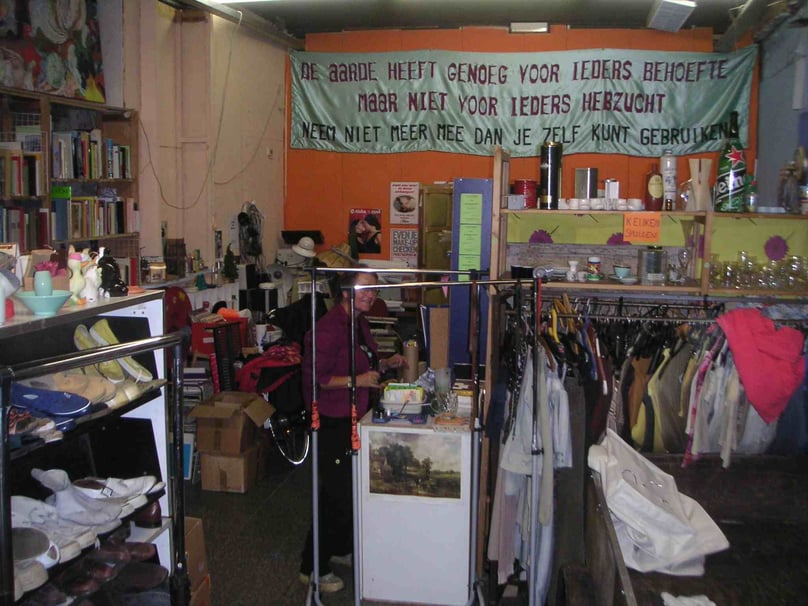Millennials today are showing marked revival in a simple four-part motto traced back to Americans living through the Great Depression: "Use it up, wear it out, make it do, or do without." This attitude of resourcefulness emphasizes the sharing economy, online earnings, secondhand store finds, and DIY projects. Notably, millennials have seen their total wealth grow by an impressive 137% during the pandemic, outperforming earlier generations at the same age due to these practices.
This “use it up, wear it out” motto is not only about reducing consumption and decluttering. It spins around maximizing the value from every purchase before while delaying replacements wherever possible. Examples include holding onto older phones, repurposing containers, and creating homemade household cleaners. These practices, once products of the Depression era necessity, are now deliberately selected for both financial and ecological reasons.
The true power lies in avoidance of purchases. Every rejected shopping cart addition contributes not only towards a small saving but also towards a larger pool funneled into investments and emergency funds. Recent data indicates that millennials' saved and invested assets have escalated from $45,600 to $108,130 within five years, superseding Gen X and Baby Boomers in the same period.
The total effects of these subtle changes are magnificent. Circumventing daily coffees, monthly impulse purchases, and extending the lifespan of a smartphone can conjunctively save thousands, which invested over an extended period can yield substantial returns.
That said, this Depression-era wisdom can be restrictive when it induces skipping of healthcare checkups, purchase of poor-quality items, or if it discourages investment in education or career growth. Economists coin the term "false economy," which involves spending less upfront but more over time; another trap that millennials should be careful to avoid while embracing this motto.
The millennial generation is thus redefining the timeless "Use it up, wear it out, make it do, or do without" motto to fit their lifestyle. They prefer being innovative and resourceful instead of increasing consumption. By displacing retail therapy with resourcefulness, millennials are opting out of high consumerism and freeing themselves from wasteful spending, thus setting themselves up for a financially secure future.

